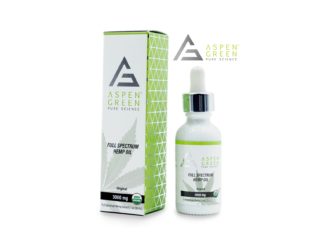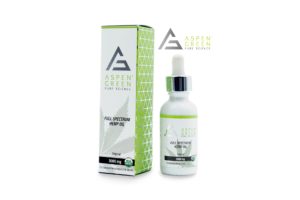The properties of Beta-Caryophyllene
Caryophyllene, more formally (−)-β-caryophyllene, is a natural bicyclic sesquiterpene that is a constituent of many essential oils, especially clove oil, the oil from the stems and flowers of Syzygium aromaticum (cloves), the essential oil of Cannabis sativa, Rosmarinus Officinalis (rosemary), black pepper (Piper Nigrum), oregano (Origanum Vulgare), basil (Ocimum Basilicum) and Humulus Lupulus (hops). It is usually found as a mixture with isocaryophyllene (the cis double bond isomer) and α-humulene (obsolete name: α-caryophyllene), a ring-opened isomer. Caryophyllene is notable for having a cyclobutane ring, as well as a trans-double bond in a 9-membered ring, both rarities in nature.
Caryophyllene is one of the chemical compounds that contributes to the aroma of black pepper.
Caryophyllene helps to improve cold tolerance at low ambient temperatures.
Scent: woody, spicy with a hint of pepper and cloves.
Benefits: activates the cannabinoid receptor, CB2.




























































